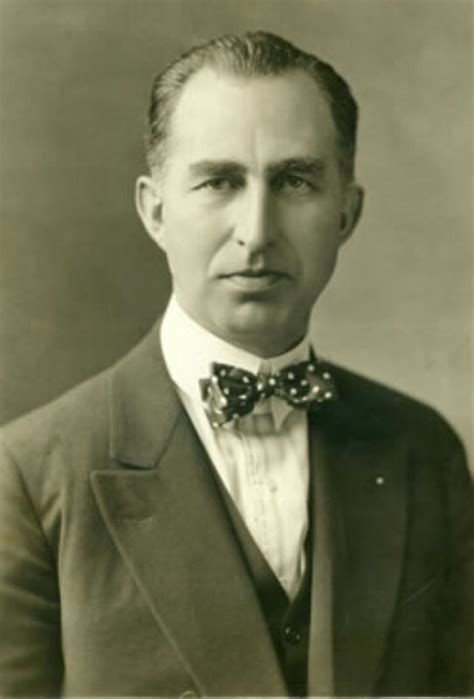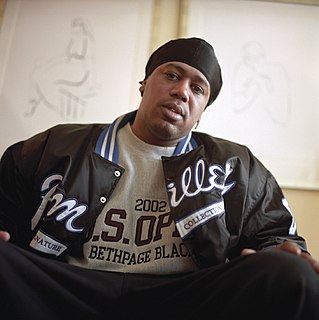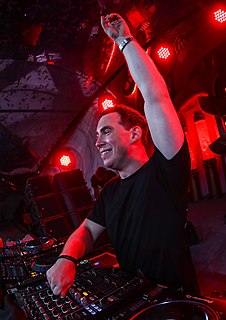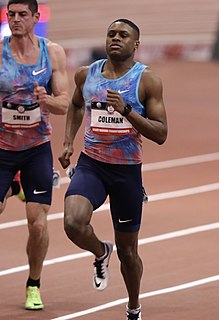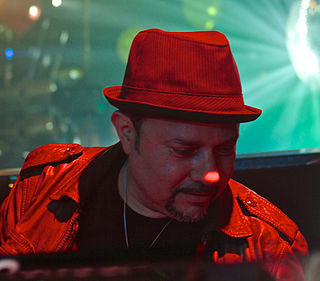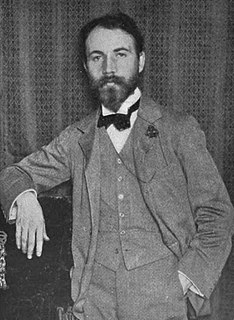A Quote by Henry Louis Gates
What happened in the interim is, billions of records have been digitized. Historians and scholars have always used genealogical records to tell the story of American history. It takes months and years of research. I can't even tell you how laborious that is. You have to be somebody who has a lot of free time, like a professor who can take tenure or someone with a great deal of leisure.
Related Quotes
Though tax records are generally looked upon as a nuisance, the day may come when historians will realize that tax records tell the real story behind civilized life. How people were taxed, who was taxed, and what was taxed tell more about a society than anything else. Tax habits could be to civilization what sex habits are to personality. They are basic clues to the way a society behaves.
My favorite records are, like, The Pretty Things' 'Parachute' and 'S.F. Sorrow' and The Mothers of Invention's 'We're Only in It for the Money' and The Kinks' 'Village Green Preservation Society' - these records that have a story - even if it's not a literal story - because of how they're sequenced and flow. It's like a novel with sound.
If you gauge how you're doing on whether somebody is responding vocally or not, you're up a creek. You can't do that; you kind of have to be inside of your work and play the scene. And tell the story every day. Tell the story. Tell the story. Regardless of how people are responding, I'm going to tell the story.
I've always loved records, even when I was a kid, my parents would buy me records instead of a lot of the other toys kids got. That's what I wanted. I've been collecting records and DJing my whole life, and I thank my parents for that. They had a big record collection and really imparted the magic of it on me.
It always takes a man that never made much at any thing to tell you how to run your business, though. Like these college professors without a whole pair of socks to his name, telling you how to make a million in ten years, and a woman that couldn't even get a husband can always tell you how to raise a family.
Who will free me from hurry, flurry, the feeling of a crowd pushing behind me, of being hustled and crushed? How can I regain even for a minute the feeling of ample leisure I had during my early, my creative years? Then I seldom felt fussed, or hurried. There was time for work, for play, for love, the confidence that if a task was not done at the appointed time, I easily could fit it into another hour. I used to take leisure for granted, as I did time itself.


